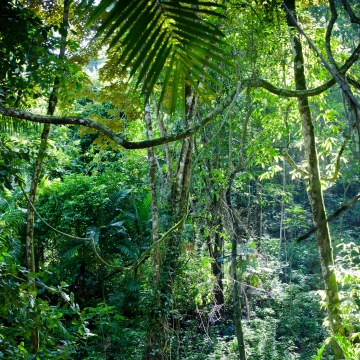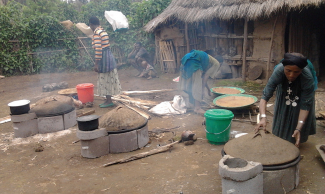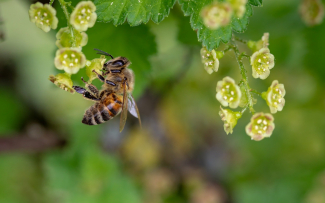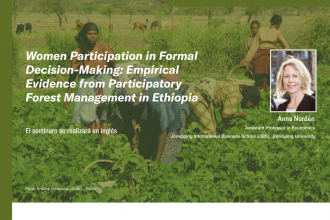Understanding forest users' participation in participatory forest management (PFM): Insights from Mt. Elgon forest ecosystem, Kenya
Participation of local communities in forest management decision-making has been promoted as a mechanism of improving livelihoods and forest conditions, yet the level of participation in many programs remains low. Using data from a cross-sectional survey of 924 forest-dependent households in Western Kenya, we examine the factors that support or constrain forest dependent people's participation in a Participatory Forest Management (PFM) program.



